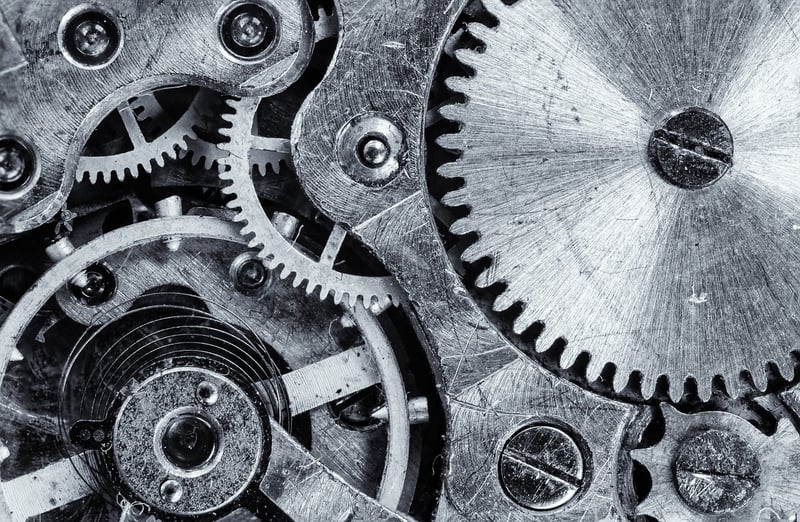Changing History Dilemma
The Moral Considerations of Changing History
History is a complex tapestry of events, decisions, and consequences that have shaped the world we live in today. But what if we had the power to change certain aspects of history? This dilemma raises profound moral considerations that go beyond the surface level of altering the past. Let's delve into the ethical implications of changing history and the impact it could have on our present and future.
Understanding the Dilemma
Imagine having the ability to go back in time and prevent a tragic event from occurring or alter a pivotal moment that led to significant suffering. On the surface, this might seem like a noble endeavor with the potential to create a better world. However, the ripple effects of changing history can be far-reaching and unpredictable.
Moral Implications
One of the primary moral considerations of changing history is the notion of playing "god" with the past. By altering historical events, we are essentially tampering with the natural course of human actions and the consequences that follow. This raises questions about the ethical boundaries of interference and the potential for unintended consequences.
Utilitarian vs. Deontological Ethics
From a utilitarian perspective, changing history to prevent harm or promote overall happiness may seem justified. However, deontological ethics argue that certain actions, regardless of their outcomes, are inherently right or wrong. This philosophical debate further complicates the moral dilemma of altering the past.
Lessons from History
History is not just a record of past events but a repository of lessons that shape our collective identity. By changing history, we risk losing the valuable insights gained from our mistakes and triumphs. It is through understanding our past that we can navigate the complexities of the present and make informed decisions for the future.
The Way Forward
While the temptation to change history may be strong, it is essential to approach this dilemma with caution and reverence for the lessons of the past. Instead of altering history, we can strive to learn from it, honor its complexities, and work towards creating a better future based on the wisdom gained from our shared human experience.

Ultimately, the moral considerations of changing history remind us of our responsibility to preserve the integrity of the past while shaping a more compassionate and informed future. Let us tread carefully on the delicate threads of history, guided by wisdom, empathy, and a deep respect for the lessons that have brought us to where we are today.
